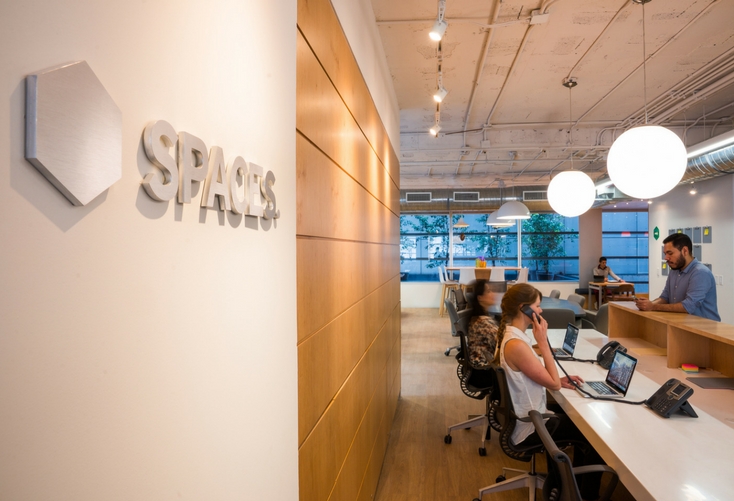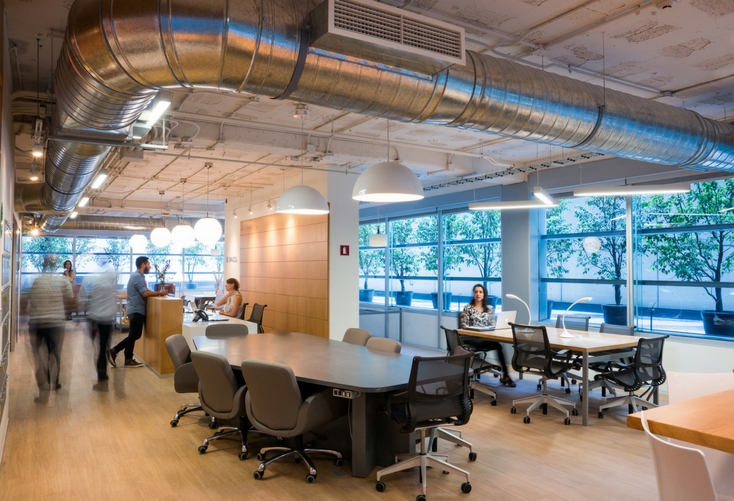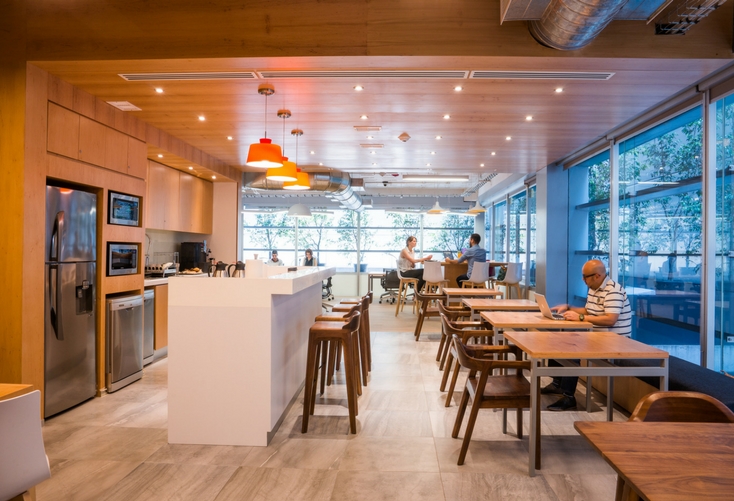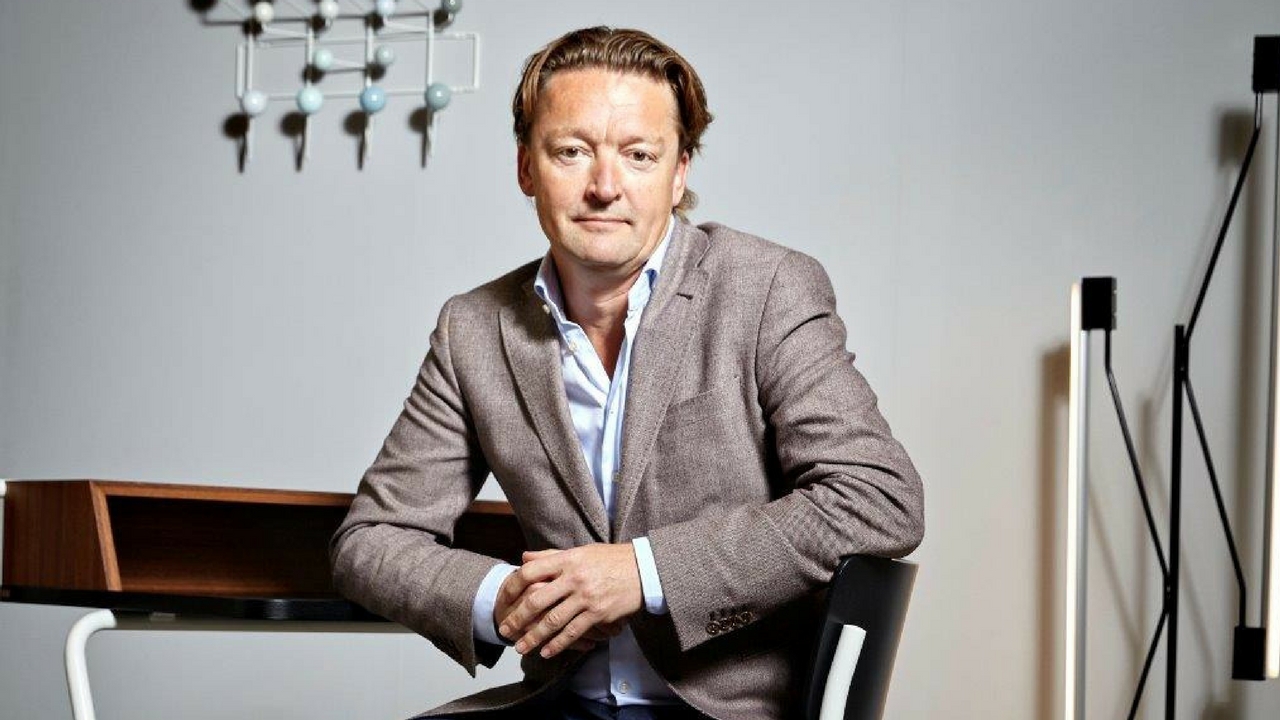- IWG’s coworking company Spaces plans to expand its footprint to 50+ countries over the next 2 years.
- Currently focusing on Latin America, Spaces plans to open more locations in Mexico and expand into Panama, Brazil, Peru, Argentina, and Colombia.
- Spaces just signed a deal with Microsoft in the Netherlands to open a Spaces inside the tech giant’s Amsterdam Headquarters.
Founded in 2006 and acquired by International Workplace Group (IWG) in 2014, Spaces has experienced exponential growth in the past couple of years. The coworking company is currently operating 67 locations in 16 countries, and is set to open 12 more locations before the end of the year (2017).

With their success proven in the European and American market, Spaces took to strengthening its presence in Latin America this 2017, with CEO Martin Roordink setting his eye on the Mexican market.
Less than 2 months ago, Spaces opened its second location in Mexico City, in none other than one of the most coveted and renowned areas of the city: Polanco.
Asked why Mexico, Roordink replied that Mexico holds an immense potential:
“Since the beginning of Spaces, we have closely followed the Global City Index. The Index has helped us decide which new markets to enter and the right time to do so. Mexico is ranked somewhere between 30 and 40, and given the country’s size, it made sense to tap into the market.
“Mexico City is huge. Look at the distribution of the city and the population size, Spaces can easily open at least 12 to 20 Spaces just within the city limits.”

Deciding on a new market, however, isn’t just based on the country’s size and Global City Index ranking. “Whenever we consider a new location, we look closely at the market size and stability, cultural trends, and the country’s economy. We need to make sure that wherever we go, we will be able to reach our goals.”
Global expansion is always a challenge, especially when brands seek to maintain a consistent brand image across borders and cultures.
“From a global perspective, we believe that all global cities are alike. For example in all global cities mobility is key. However, from a local perspective, elements are always different, which is why we at Spaces have a ‘global-local’ approach to opening new locations.
“I always say Spaces is all about the service, the ‘retailization’ of offices. If I go into a Spaces in Mexico or Peru or Cape Town I should be able to recognize it as a Spaces location, though it should always ‘feel’ local. We need to maintain our standards across workspaces, regardless of their geographic location; this is why we pay a lot of attention to our design, our tone of voice, and our target audience.
“We also seek connectivity between people, the local community and environment. In hospitality terms and level, Spaces is like going to a small bed and breakfast: quality service with a local touch.”
The effort doesn’t come without its challenges, and Spaces has had to focus on its brand awareness and differentiating itself from local and international competitors. In Mexico specifically, Spaces has had to position itself as different from WeWork, which is currently operating 3 locations in Mexico, with 5 more in the pipeline.
“The key difference between WeWork and us is that we are very European and WeWork is very American in their focus and vision”
“WeWork and Spaces are the only two coworking brands that are truly global. While there are others that have international presence, they have it at a continental or regional level. In Mexico, and across the world, we’ve had to differentiate ourselves from this.”
Most of the differentiation has been in terms of the types of tenants that Spaces attracts. “We are very focused on scale-up and established companies. 60% of Mexico’s tenants are international companies with headquarters in Mexico City.”
“If you ask me, the key difference between WeWork and us is that we are very European and WeWork is very American in their focus and vision. American vision is more about, ‘we will make you successful’. European vision is more about, ‘you can be successful and we can help’. We are more conservative in that sense.”
Spaces is planning on opening at least 2 or 3 more locations in Mexico within the next year. Additionally, it’s also targeting other Latin American countries like Panama, Brazil, Peru, Argentina, and Colombia.

Globally speaking, Roordink expects to triple Spaces’ global presence over the course of the next year. In Amsterdam the company is ready to open its 6th location and has also recently signed a deal with Microsoft to open a Spaces inside Microsoft’s Amsterdam headquarters.
“We want to continue scaling up; we want to be in over 100 cities in 2018. We are still in the early stages of reaching our full potential as a company. We will keep growing, but to do this we will have to innovate, to stay professional, and find new ways to integrate different services to create a better quality of life.”
Spaces will start operations in 7 new countries in the first months of 2018, including Germany, Finland, Belgium, Canada, Taiwan, New Zealand, and Thailand.

















